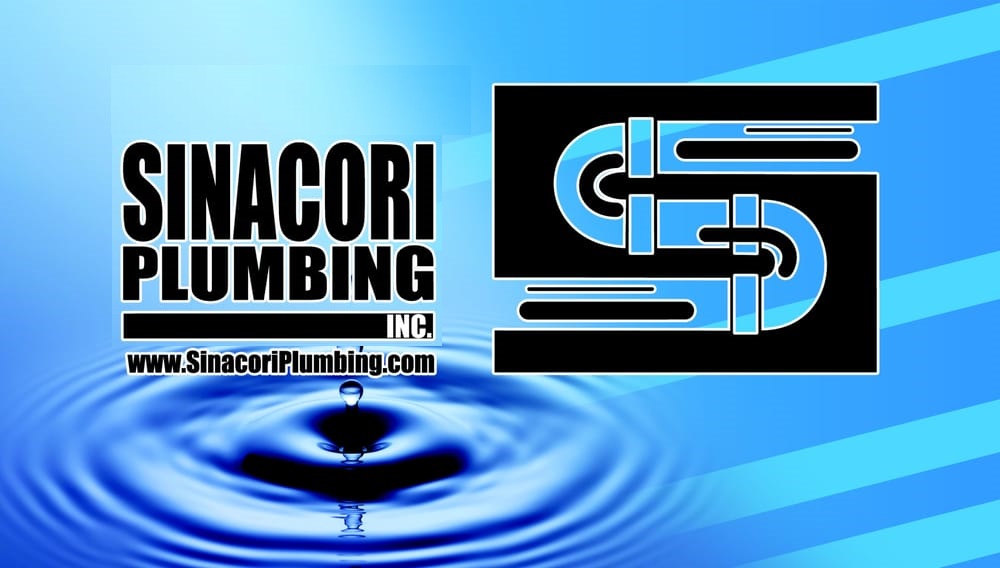Frequently Asked Questions
Thank you for contacting the Sinacori Plumbing. Here you’ll find answers to the most common questions that we’re currently being asked from our clients. If you can’t find the answer you’re looking for, feel free to contact us!
First, check the emergency shutoff under your sink to make sure it’s fully open. Make sure to check rubber washers or seals because you can lose water pressure if they have started to deteriorate. Calcium and lime buildup will also cause low water pressure.
Even small drips can waste thousands of gallons of water, as much as 150 gallons a day! Be sure to check under sinks for moisture or small leaks. And always repair leaky faucets right away to avoid paying for wasted water, and also to avoid water damage to your fixtures and pipes. Remove and clean your faucet aerators annually to ensure an even flow of water. Make sure overflow holes on tubs and vanities are clear and open to prevent water damage to floors and ceilings.
Usually, faucet dimensions and sink openings are standard throughout the plumbing industry, so the answer is usually yes. There are a few exceptions, so check the size of the sink opening before you buy new fixtures.
Do not rinse fats or cooking oils down the kitchen sink. Liquid fats solidify in the cold pipes and create clogs. To help prevent clogs, fit all your tubs and shower drains with a strainer that catches hair and soap chips, and clean the strainer regularly.
In most homes, the kitchen and laundry drains are connected. When the lint from the laundry drains meets the grease buildup from soap and food products, a nearly solid substance is formed, causing blockage. Using filters and strainers will help, but you’ll also need to get the drains snaked periodically as well.
Yes. You want to make sure they’re not stuck in the open position just when you have a water emergency! Do the same periodic check for the shutoff valves on your sinks, tubs, and toilets, too.
Noises can be fairly common in plumbing supply lines. If a washer in a faucet or valve is loose, you’ll hear it rattling or knocking. If the sound occurs when you open and close faucets rapidly, it generally means pipes are loose. This can be corrected by anchoring pipes more securely. If it really bothers you, you can add air chambers at the end of long pipe runs. Their installation will probably require a plumbing professional.
The main culprit is tree roots, once they’ve blocked the line there is very little you can do. A plumbing professional can snake the line to get it as clear as possible, and use copper sulfide products to kill the remaining vegetation. Odds are the sewer line will most likely need to be replaced.

